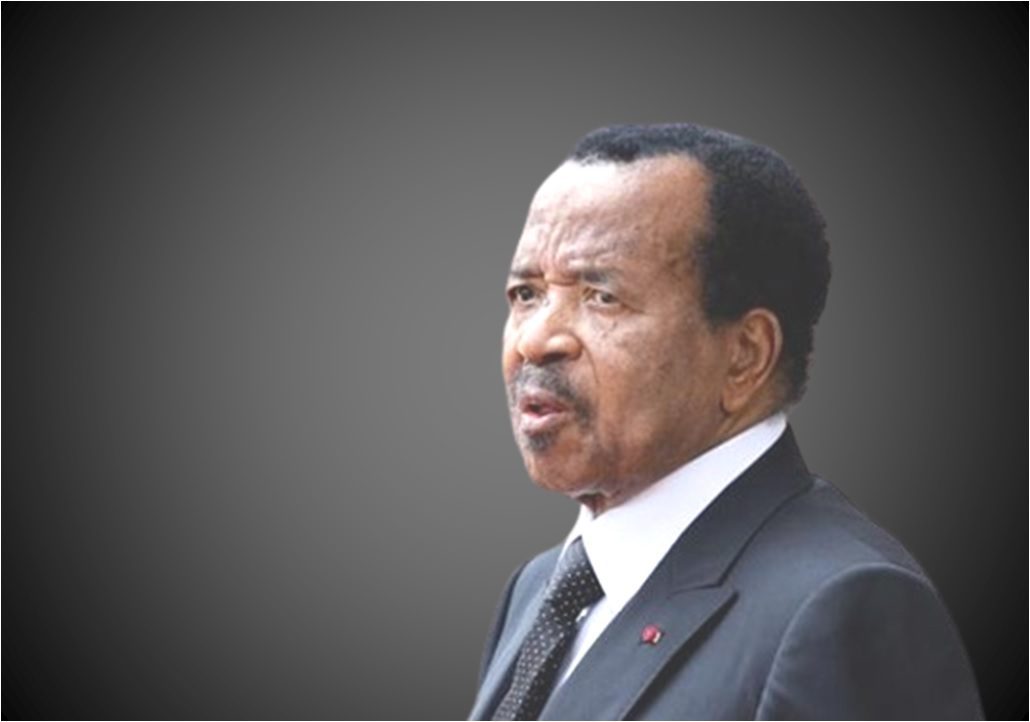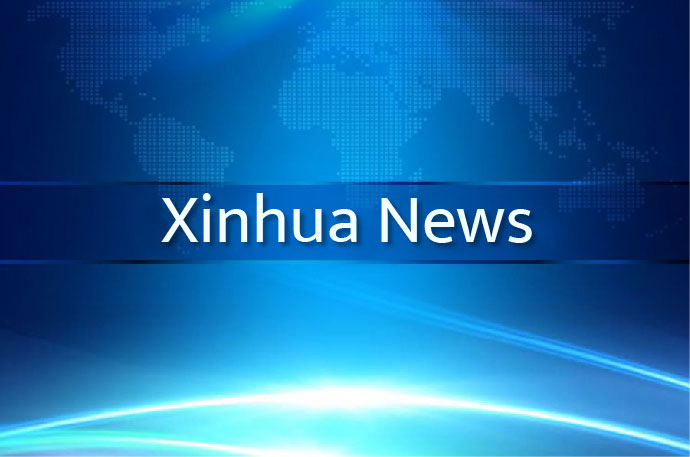►►BRICS pushes for the establishment of a more just and stable international order based on economic cooperation, political security and cultural exchanges, said Emmanuel Matambo, research director of the Center for Africa-China Studies at the University of Johannesburg.
JOHANNESBURG– BRICS has provided more funding options to support development in emerging economies and strengthened the voices of the Global South in international relations, said a South African expert.
Emmanuel Matambo, research director of the Center for Africa-China Studies at the University of Johannesburg, made the remarks during a recent interview with Xinhua.
Economically, Matambo noted, BRICS has provided alternative funding options for emerging markets and developing countries, allowing them to address issues like infrastructure development, energy crises, and climate change.

« This is crucial as these countries often face stringent conditions from Western institutions like the World Bank and the International Monetary Fund (IMF), » he said.
He noted that the most crucial development in this regard was the establishment of the New Development Bank in 2015, which offers more favorable loans than those from the IMF or the World Bank.
The expert said BRICS pushes for the establishment of a more just and stable international order based on economic cooperation, political security and cultural exchanges.
He noted that BRICS convened an extraordinary joint summit last November to address the situation in Gaza. Leaders attending the summit expressed grave concern over the Palestinian-Israeli situation and condemned all acts of violence against civilians.
« This unified diplomatic front strengthened BRICS’ international voice, » he said.
In 2006, foreign ministers of Brazil, Russia, India and China held a meeting marking the beginning of BRIC cooperation. In response to the 2008 International financial crisis, leaders of the four countries held a meeting in Russia in June 2009, and officially launched the BRIC cooperation mechanism.
In December 2010, the four countries formally admitted South Africa to the grouping, turning BRIC into BRICS. At last year’s summit, the group made a landmark decision on further expansion.
« This expansion enhances BRICS’ geographical representation, » he said.
BRICS « treats each member equally in decision-making, » and countries are attracted to this egalitarian structure, said the expert.■
By Xinhua





